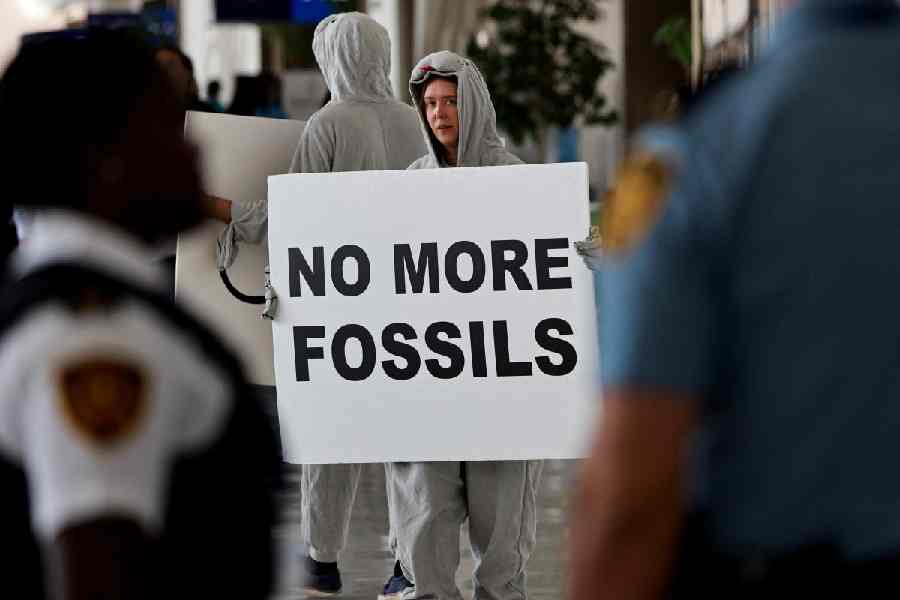‘The Earth is a shared resource that connects us all.’ This idea encapsulates the relationship between a nation’s progress and environmental sustainability. But it appears that in his second term, the president of the United States of America, Donald Trump, is poised to intensify the nation’s thirst for fossil fuel production, particularly shale oil and gas, thereby prioritising economic growth over ecological health. This raises some pertinent questions: does environmental security align with national interest? By withdrawing from climate agreements, is the Trump administration endangering national security?
Traditionally, national interest has been defined by economic strength, military capability, and geopolitical influence. However, the 21st century has expanded this definition to include environmental security, as climate change, resource depletion, and ecological degradation pose existential threats to national stability.
Environmental security refers to the protection of natural resources and ecosystems to ensure a nation’s long-term sustainability. The US department of defence has historically recognised environmental factors as critical to national security. Similarly, the US Environmental Protection Agency emphasises that environmental security is essential for protecting citizens and preventing geopolitical conflicts fuelled by resource scarcity. By this logic, a comprehensive national interest strategy should balance economic, security, and environmental concerns. However, Trump’s fossil-fuel-focussed agenda challenges this balance. Under Trump 2.0, economic expansion has become the administration’s primary focus, with energy independence as a key pillar. The US has vast reserves of shale oil and gas and fracking has made their extraction economically viable. Proponents argue that increased domestic production enhances energy security, creates jobs, and lowers fuel costs. This policy shift is clearly reflected in Trump’s appointment of the fossil fuel executive, Chris Wright, as US energy secretary. Additionally, Trump has reopened federal lands for drilling, rolled back restrictions on oil exploration, and placed fossil fuel projects above renewable energy initiatives. This approach may fuel short-term economic growth but it sparks concerns over the long-term sustainability of both the environment and the economy.
The environmental costs of shale development are high. Fracking involves injecting a high-pressure mix of water, sand, and chemicals into shale formations to release oil and gas. Studies have linked this process to groundwater contamination. Moreover, fracking requires immense amounts of water, straining supplies in water-scarce regions. Shale development also needs extensive infrastructure, leading to deforestation and fragmentation of wildlife habitats. The consequences include loss of biodiversity, soil erosion, and long-term damage to agricultural lands. The impact extends to air pollution. Beyond greenhouse gas emissions, shale extraction releases volatile organic compounds and particulate matter into the atmosphere. These pollutants endanger community health. Furthermore, fracking-related wastewater injection has been linked to increased seismic activity.
Trump’s approach to environmental policy is characterised by deregulation and withdrawal from international climate commitments. The Trump administration has vowed to defund the Inflation Reduction Act of its climate-related provisions, redirecting investments toward fossil fuels. Trump’s return to office has signalled the US’s withdrawal from the Paris climate treaty. He has also weakened the EPA’s regulatory authority, easing pollution limits for industries and slashing climate-related research funding.
The US must balance its economic ambitions with environmental responsibility. With advancements in carbon capture, sustainable fracking, and renewable energy, the scope of a balanced approach exists. National interest must prioritise economic and ecological resilience.
Manish Vaid is Junior Fellow with Observer Research Foundation. Views expressed are personal










